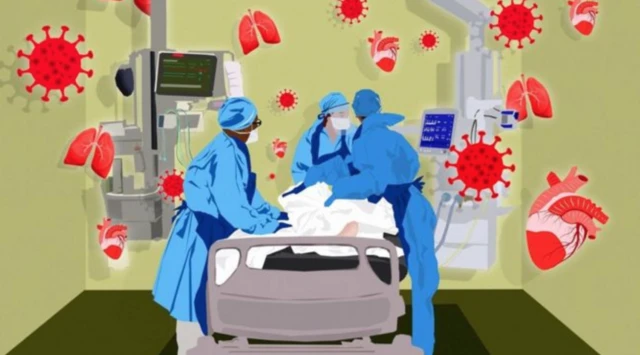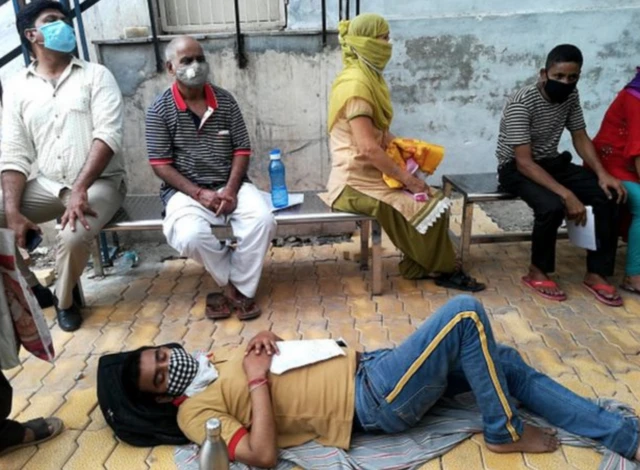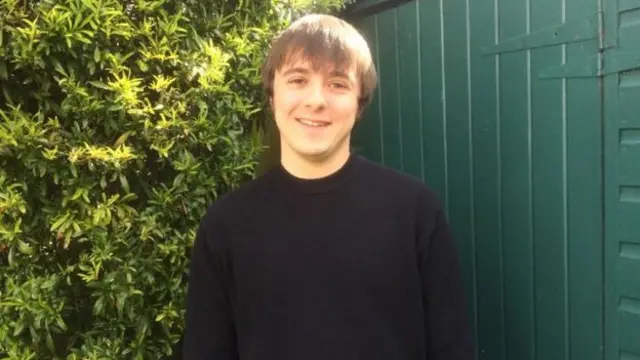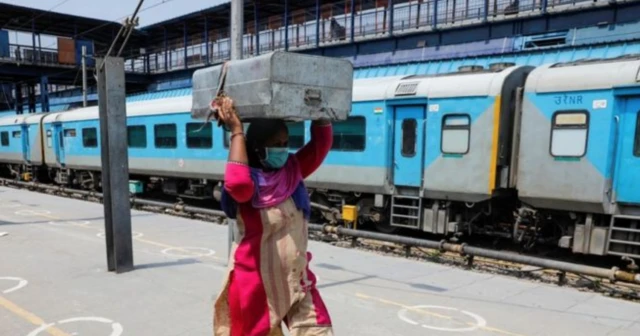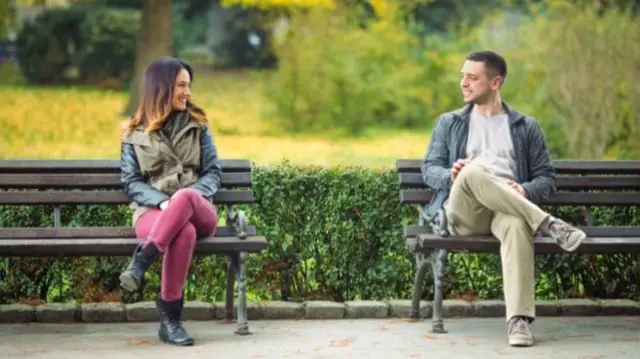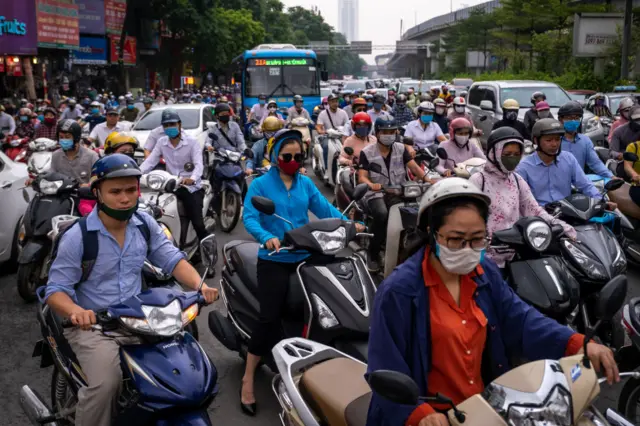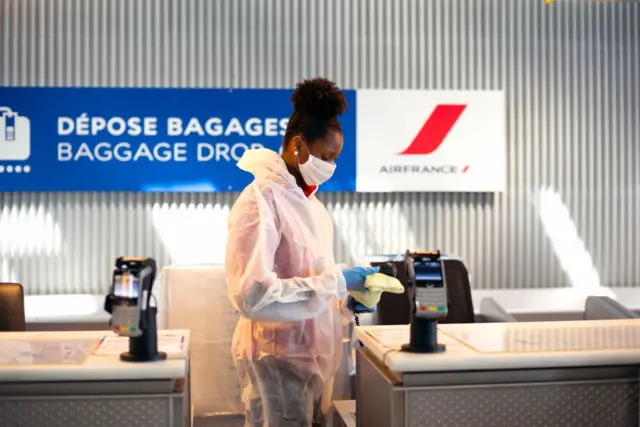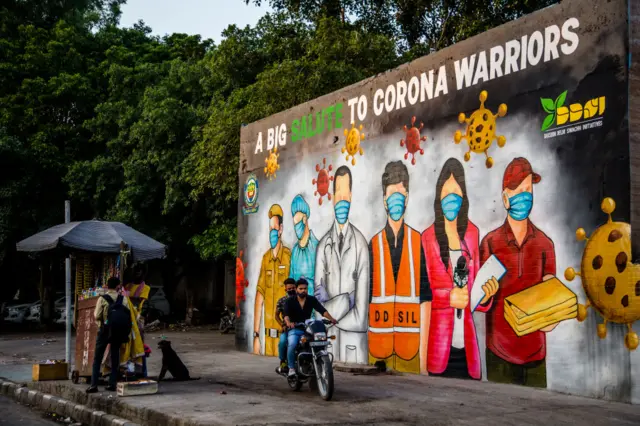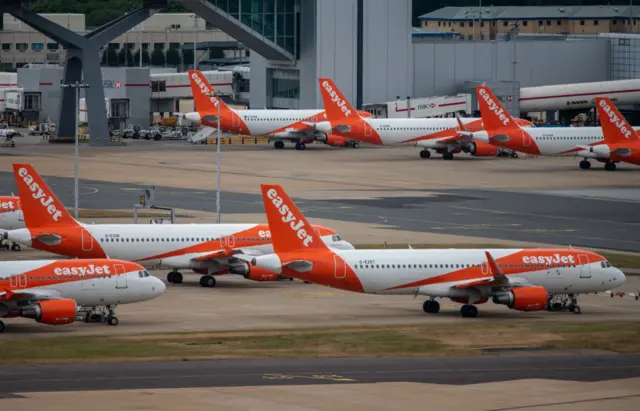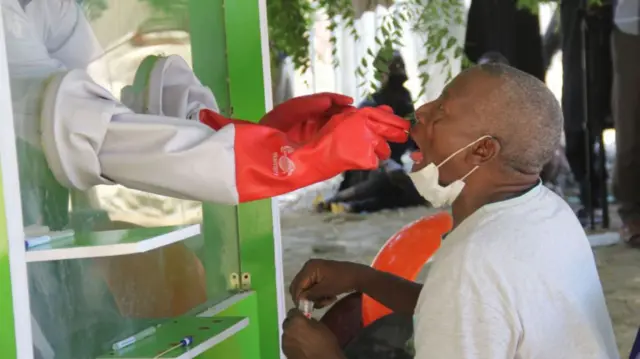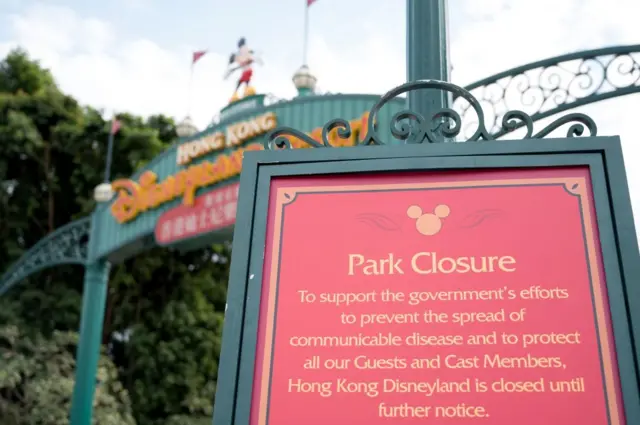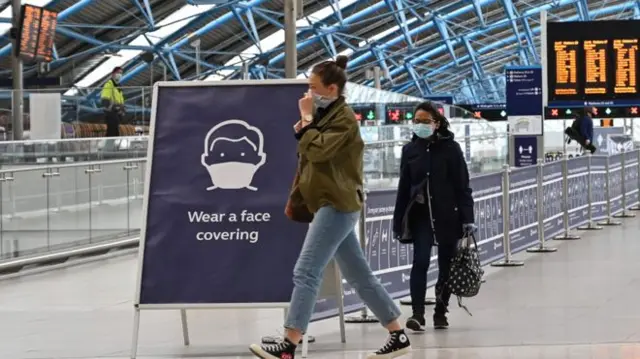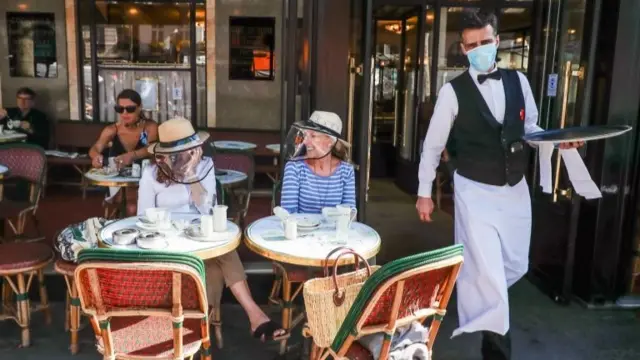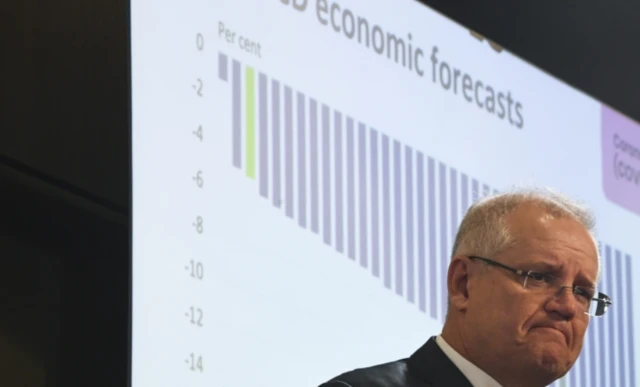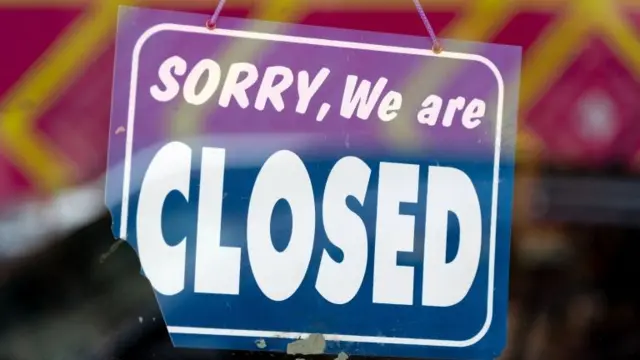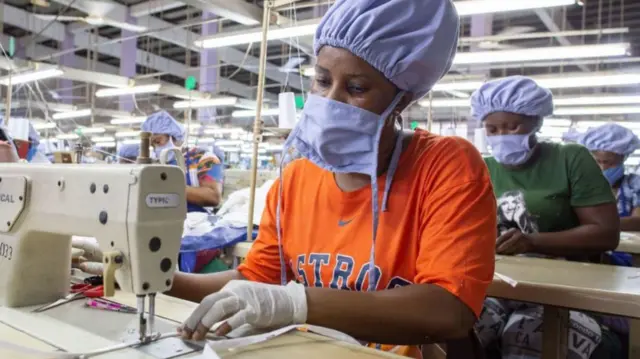Covid blood clots targeted in treatment trialpublished at 08:48 BST 15 June 2020
Rachel Schraer
BBC Health Reporter
Scientists are to test whether an experimental drug can prevent potentially deadly blood clots associated with Covid-19.
The trial, funded by the British Heart Foundation, will test the theory the clots are caused by a hormone imbalance triggered by coronavirus infection.
It will become one of several drugs currently being trialled to prevent the disease's worst effects.
A third of hospitalised coronavirus patients develop dangerous blood clots.
The drug, TRV027, works to rebalance hormones involved in blood pressure, water and salt.
